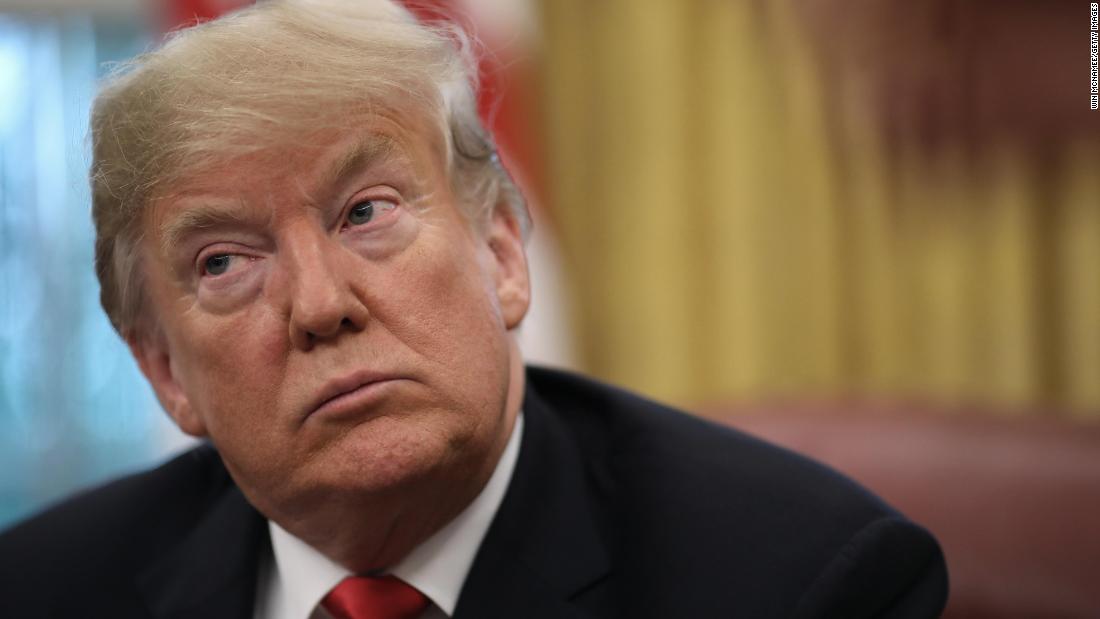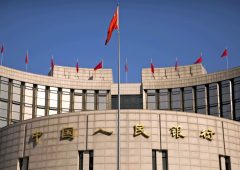Trump’s Tariff Threat Could Push Canada to Rethink Its Economic Future
03.12.2024 21:00 1 min. read Kosta Gushterov
Donald Trump's recent dinner with Canadian Prime Minister Justin Trudeau at Mar-a-Lago sparked controversy when Trump suggested that Canada should consider becoming the 51st U.S. state if it couldn’t handle its economy under a looming 25% tariff threat.
With 75% of Canada’s exports relying on the U.S., this proposal could severely impact Canada’s economy, potentially slashing its GDP by 2.4% and eliminating up to 1.5 million jobs.
Trump’s tariffs, aimed at addressing trade imbalances and border issues, could harm both Canadian industries and U.S. consumers, with rising prices for goods like timber and steel. Trudeau and other Canadian officials argue the tariffs would backfire, leading to disruptions in supply chains and price hikes in the U.S.
Trump further provoked Trudeau by suggesting the Canadian leader could remain prime minister but also become a U.S. governor if Canada joined the U.S. Despite this, Trudeau reaffirmed Canada’s sovereignty, though Canadian officials are quietly considering the potential consequences of continued trade tensions.
The impact of these tariffs could also reach the global economy, potentially slowing GDP growth by 0.5%. As Canada explores new trade partnerships, the shift away from U.S. dependence will take years to develop.
-
1
U.S. PCE Inflation Rises for First Time Since February, Fed Rate Cut Likely Delayed
27.06.2025 18:00 1 min. read -
2
Key U.S. Economic Events to Watch Next Week
06.07.2025 19:00 2 min. read -
3
Gold Beats U.S. Stock Market Over 25 Years, Even With Dividends Included
13.07.2025 15:00 1 min. read -
4
U.S. Announces Sweeping New Tariffs on 30+ Countries
12.07.2025 16:30 2 min. read -
5
US Inflation Heats Up in June, Fueling Uncertainty Around Fed Cuts
15.07.2025 16:15 2 min. read
US Inflation Heats Up in June, Fueling Uncertainty Around Fed Cuts
U.S. inflation accelerated in June, dealing a potential setback to expectations of imminent Federal Reserve rate cuts.
Gold Beats U.S. Stock Market Over 25 Years, Even With Dividends Included
In a surprising long-term performance shift, gold has officially outpaced the U.S. stock market over the past 25 years—dividends included.
U.S. Announces Sweeping New Tariffs on 30+ Countries
The United States has rolled out a broad set of new import tariffs this week, targeting over 30 countries and economic blocs in a sharp escalation of its trade protection measures, according to list from WatcherGuru.
Key U.S. Economic Events to Watch Next Week
After a week of record-setting gains in U.S. markets, investors are shifting focus to a quieter yet crucial stretch of macroeconomic developments.
-
1
U.S. PCE Inflation Rises for First Time Since February, Fed Rate Cut Likely Delayed
27.06.2025 18:00 1 min. read -
2
Key U.S. Economic Events to Watch Next Week
06.07.2025 19:00 2 min. read -
3
Gold Beats U.S. Stock Market Over 25 Years, Even With Dividends Included
13.07.2025 15:00 1 min. read -
4
U.S. Announces Sweeping New Tariffs on 30+ Countries
12.07.2025 16:30 2 min. read -
5
US Inflation Heats Up in June, Fueling Uncertainty Around Fed Cuts
15.07.2025 16:15 2 min. read


